Chaotic economic policies have dramatically slowed the economy – and additional damage looms.
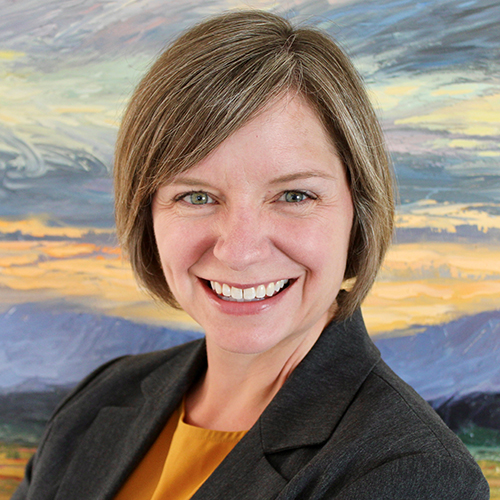

Chaotic economic policies have dramatically slowed the economy – and additional damage looms.
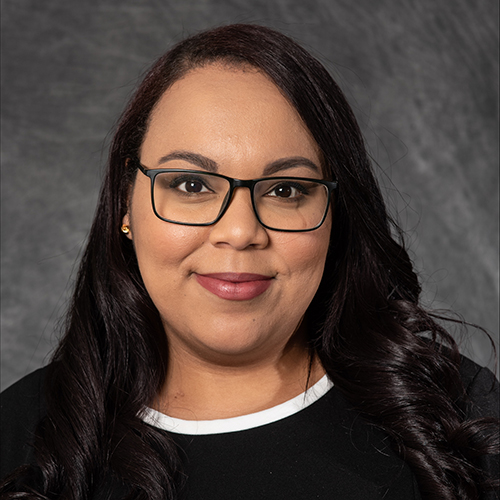
At some point, everyone gets sick – but no one chooses to get sick. And no one should have to decide between recovering or caring for their loved ones and being able to make ends meet. But as of 2024, nearly 27 million workers lacked paid sick days through their employer.

The longest government shutdown in history is not only wreaking havoc on women’s and families’ economic security, it is harming the country’s economy. New research from the nonpartisan Congressional Budget Office estimates that if the shut down lasts through the end of November it could cost the economy up to $14 billion. That’s a lot of money – but exactly how much? Here are 6 things that you could have for $14 billion.

On October 1, the federal government shut down because Republicans were unable to pass a funding bill, despite having control over all three branches of government. As the shutdown enters its fifth week, women and families across the country continue to feel the devastating economic impact.

Behind every meal served in America’s restaurants is a workforce of women, immigrants, and small business owners whose livelihoods are directly shaped by public policy. This issue was put front and center when chefs and lawmakers came together for the annual MAPP Advocacy Summit on Capitol Hill.

The delay in today’s jobs report is just the tip of the iceberg on the harms from the government shutdown.

Just over 25 million workers still can’t earn a single paid sick day to stay home when they’re battling the flu or take their kid to a doctor’s appointment. This is unsustainable for working caregivers amid and the Trump administration’s attacks on women in our economy.
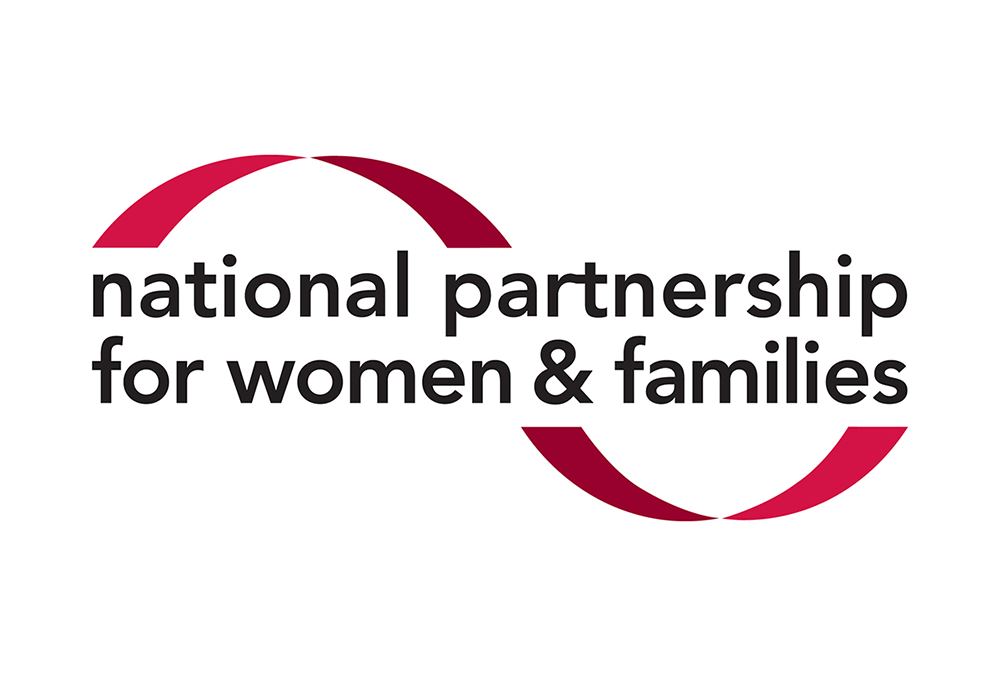
We, the undersigned organizations representing the interests of women across the country, write to oppose President Trump’s unprecedented attempted firing of Federal Reserve Governor Lisa Cook and his further attempts to politicize the country’s central bank.

The 60th anniversary of Executive Order 11246 reminds of the progress it made possible and the urgent need for Congress to restore and strengthen its protections.
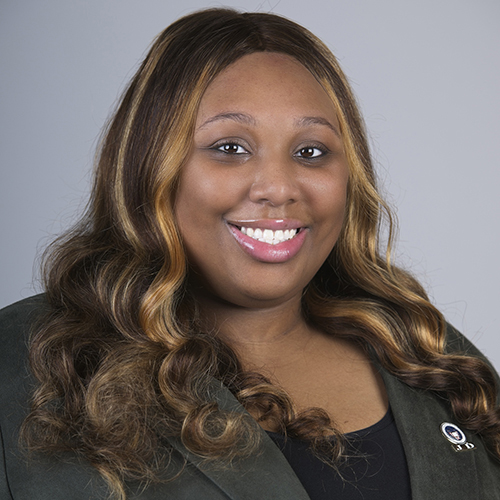
For decades, Congress has underfunded the Equal Employment Opportunity Commission, and workers – especially women workers – have paid the price.

As we fight to preserve data from the Trump administration’s campaign to erase women, people of color and LGBTQI+ people, it’s important to remember that the status quo before 2025 was never good enough. A particularly stark example of data inequity is Puerto Rico.

Today’s alarming Jobs Report continues recent trends: Black women continue to bear the brunt of a dramatic economic slowdown, and newly revised data for the last few months reveal a worsening economy.

There are smaller, more incremental approaches that Congress should consider that can support individuals who currently lack paid leave, help small businesses afford to provide paid leave, and support state paid leave programs. Incremental approaches to paid leave should also lay the groundwork for and be able to complement an eventual universal, federal paid leave program.

The 2025 state legislative session has been filled with ups and downs and a few notable surprises – specifically in the South. This year’s highlights include more workers having access to paid parental leave and pay transparency protections. This piece covers developments of paid family and medical leave, paid sick and safe days, fair pay and discrimination.

The Trump Labor Department is marking Labor Day this year by advancing more than 60 rollbacks to worker protection rules. And their actions suggest they don’t care what workers think.
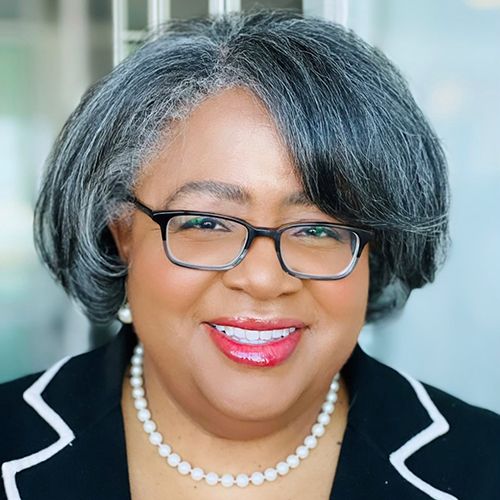
For Black families – and Black women in particular – President Trump’s targeting of key pathways to the middle-class is a serious threat to their economic well-being. This blog highlights five ways the Administration is pushing economic stability and security further out of reach.

Social Security is the foundation of economic security for people in the United States, particularly women of color. Here are three facts you should know about Social Security at 90 – and one awful lie that the Trump administration and its billionaire cronies are desperate for you to believe.

The Supreme Court’s last term supported extremist ideology over evidence and expertise, and personal interests over the health, wellbeing and safety of others.

The July jobs report reveals a faltering economy – and Black women and single moms are bearing the brunt of the Trump Slump.

Family and medical leave is critical for military spouses, but frequent moves and underemployment make it harder for them to qualify for job-protected leave under the law. A new bipartisan bill would help.